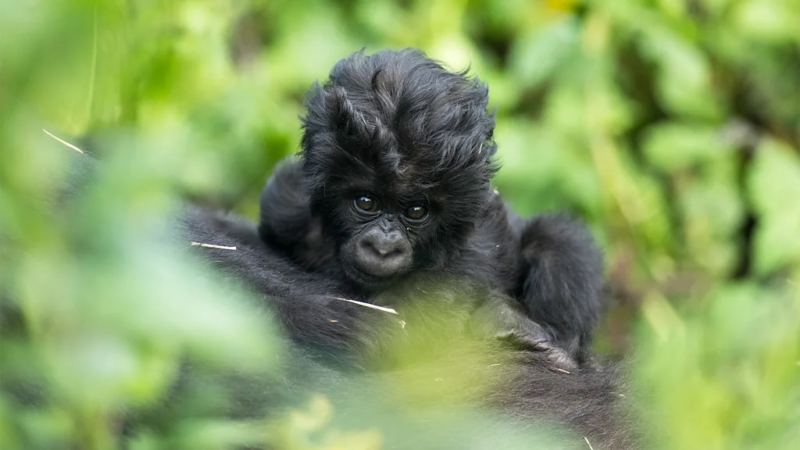Driver Faces Disciplinary Action for Giving Water to Cheetahs at Kuno National Park – Viral Video Sparks Debate

Viral Act of Kindness Backfires: Cheetah Encounter at Kuno Sparks Official Crackdown
A seemingly kind-hearted gesture has landed a national park worker in trouble after a viral video showed him offering water to a female cheetah and her four cubs at Kuno National Park in Madhya Pradesh, India. While the clip was initially celebrated for its warmth, authorities have since announced disciplinary action, citing breaches in wildlife safety protocol.
The man, reportedly a driver employed at the park, was seen kneeling with a metal pan of water, as the cheetah—identified as Jwala—and her cubs cautiously approached and drank.
Why Authorities Are Taking Disciplinary Action
According to Uttam Kumar Sharma, Additional Principal Chief Conservator of Forests, the driver’s actions violated strict park regulations. Only trained, authorized personnel are allowed to come into close contact with the cheetahs—particularly those involved in India’s sensitive cheetah reintroduction program, the first of its kind in Asia.
“There are clear instructions to move away from cheetahs. Only authorised persons can go in close proximity to them to perform a specific task,” Sharma stated.
While he acknowledged that cheetahs occasionally wander near the park boundary and may be given water to prevent them from straying, he emphasized that this task is strictly reserved for trained monitoring teams.
India’s Controversial Cheetah Reintroduction Project: A Quick Overview
India’s effort to reintroduce cheetahs into the wild began in 2022, marking the first attempt to restore the species in the country after it went extinct in 1952. Here’s a snapshot of the project so far:
| Key Detail | Information |
|---|---|
| Cheetahs Introduced | 20 from South Africa and Namibia |
| Cheetahs Born in India | 6 (including Jwala’s cubs) |
| Current Population (2025) | 26 total |
| Cheetah Deaths | At least 8 (due to kidney issues, injuries) |
| Project Location | Kuno National Park, Madhya Pradesh |
While ambitious, the project has drawn criticism from wildlife experts who question whether India’s ecological conditions can support a sustainable cheetah population. Problems like premature deaths, mating injuries, and frequent wandering outside the park have intensified the debate.
Human-Cheetah Interactions: Why Safety Matters
Wildlife conservation experts caution against close human-animal interactions, especially with apex predators like cheetahs. While cheetahs are not known for aggression toward humans, their unpredictability and the risk of habituation can increase the likelihood of conflict.
Main concerns include:
-
Habituation risk: Wild animals may lose their natural fear of humans, leading to dangerous encounters.
-
Disease transmission: Shared water sources can become vectors for illness.
-
Violation of rewilding ethics: Direct human support hampers true wildlife adaptation.
Mixed Public Reactions: Compassion vs. Conservation
The viral video divided public opinion. Many praised the driver for his compassion, especially considering rising summer temperatures. Others, including conservationists, stressed the need to follow protocols designed to protect both humans and animals.
“It’s heartwarming, yes, but also dangerous. These are wild animals in a delicate conservation experiment,” one expert said.
Future of the Cheetah Project in India
As cheetahs continue to breed in captivity and in the wild within Kuno National Park, India’s environmental authorities are tightening guidelines and enhancing staff training to avoid similar incidents.
Meanwhile, global conservation groups are keeping a close eye on the progress of India’s bold cheetah revival initiative, hoping lessons learned here may help save one of the planet’s most threatened big cats.






